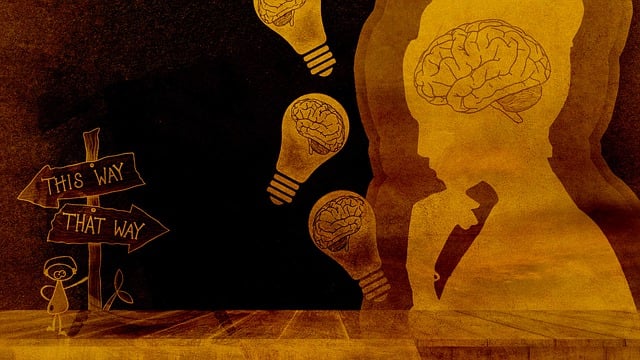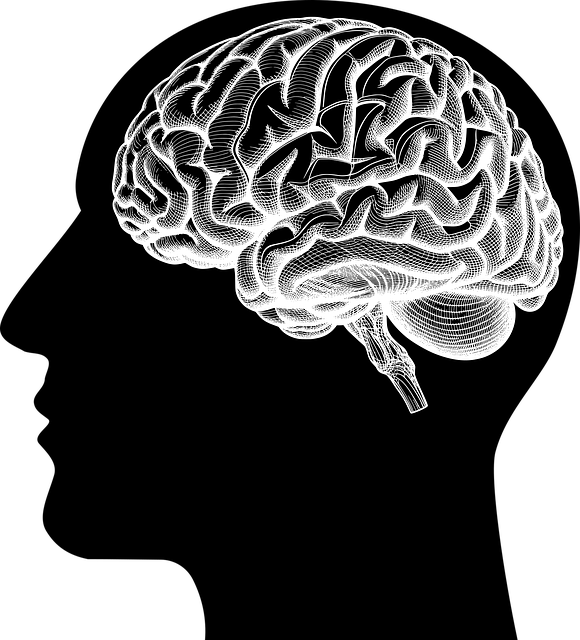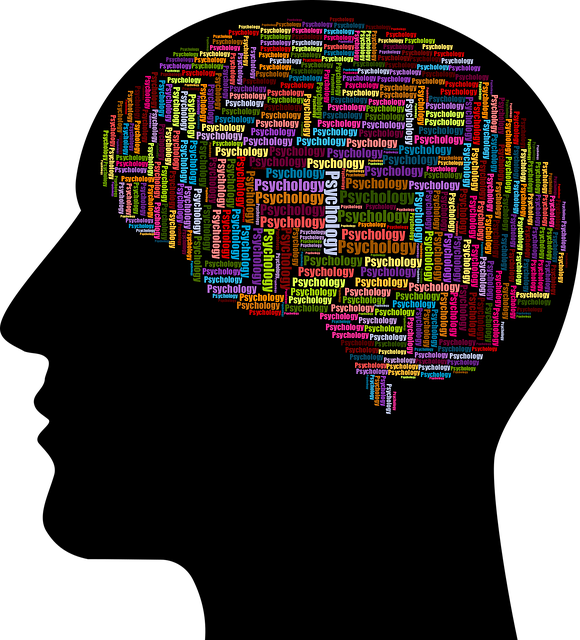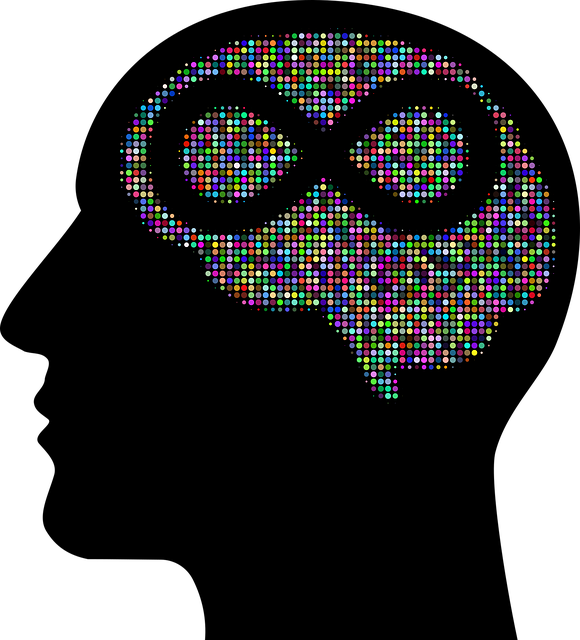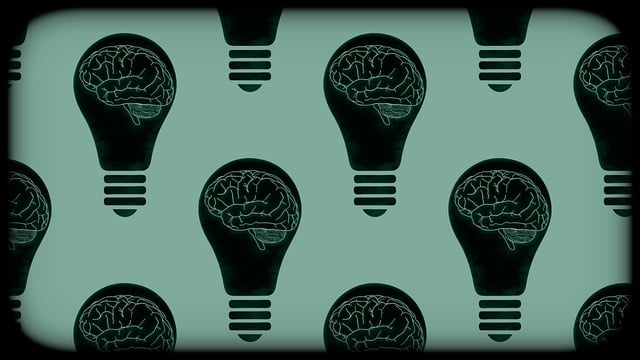Greenwood Village Abuse Survivors Therapy (GVAST) offers specialized coaching programs for trauma and abuse survivors, addressing their unique challenges beyond traditional therapy. Their holistic curriculum integrates cognitive behavioral therapy, mindfulness, trauma-informed care, and cultural sensitivity to develop coping skills, enhance mood management, and build resilience. GVAST combines individual coaching with group activities and online platforms for accessible stress management workshops, fostering community support and mental wellness awareness. Through evidence-based practices and meticulous evaluation, GVAST delivers transformative changes, empowering survivors to thrive on their journey towards mental wellness.
Mental wellness coaching programs have emerged as a crucial tool for promoting holistic well-being, especially among individuals who have experienced trauma or abuse. This article explores the development of specialized coaching curricula, integrating evidence-based techniques and leveraging technology to enhance support. We delve into best practices, including the implementation and evaluation of Greenwood Village Abuse Survivors Therapy (GVAST) programs, focusing on their effectiveness in nurturing mental resilience and healing. Understanding these approaches is vital for creating inclusive and impactful wellness initiatives.
- Understanding the Need for Specialized Coaching Programs
- Designing a Comprehensive Curriculum for Mental Wellness
- Incorporating Evidence-Based Techniques in Coaching
- The Role of Technology and Digital Tools in Supportive Coaching
- Implementing and Evaluating the Effectiveness of Greenwood Village Abuse Survivors Therapy Programs
Understanding the Need for Specialized Coaching Programs

In today’s fast-paced world, mental wellness is a cornerstone of overall well-being, especially for those who have experienced trauma or abuse. Greenwood Village Abuse Survivors Therapy highlights a critical need for specialized coaching programs tailored to address unique challenges faced by survivors. Traditional therapy approaches may not suffice in providing the targeted support and guidance required for meaningful healing and growth.
Coaching programs focused on trauma support services and stress management workshops offer a transformative avenue. By employing evidence-based strategies, these initiatives empower individuals to develop effective coping mechanisms, enhance mood management skills, and cultivate resilience. The organization’s mission is to ensure that survivors have access to specialized resources, fostering not just survival but also thriving in their journeys towards mental wellness.
Designing a Comprehensive Curriculum for Mental Wellness

Designing a comprehensive curriculum for mental wellness coaching involves integrating various therapeutic modalities to cater to diverse needs. At Greenwood Village Abuse Survivors Therapy, we understand that a holistic approach is essential in fostering recovery and growth. This means incorporating not just trauma-informed practices but also confidence-boosting strategies, self-care routines, and social skills training. Each component aims to empower individuals with the tools to navigate stress, build resilience, and enhance overall well-being.
The curriculum should be meticulously crafted to guide clients through stages of emotional processing, self-discovery, and skill development. By combining individual coaching sessions with group activities, we create a dynamic learning environment. This approach not only facilitates personal growth but also encourages participants to form support networks—a crucial aspect of maintaining mental wellness in the long term.
Incorporating Evidence-Based Techniques in Coaching

Incorporating evidence-based techniques into mental wellness coaching programs is a cornerstone of effective support for clients. By drawing on research-backed approaches such as cognitive behavioral therapy (CBT), mindfulness practices, and trauma-informed care, coaches can offer more targeted and impactful interventions. For instance, Greenwood Village Abuse Survivors Therapy has successfully integrated these methods to assist individuals in overcoming past traumas and cultivating resilience. Such techniques promote self-awareness, coping strategies, and emotional regulation, fostering a stronger sense of mental wellness.
Cultural sensitivity in mental healthcare practice is another vital aspect. Coaches must be adept at tailoring their approaches to respect and accommodate diverse cultural backgrounds and perspectives. This involves understanding the impact of cultural beliefs on mental health expressions and treatment preferences. Additionally, organizing stress management workshops within communities can enhance Mental Health Awareness, providing practical tools for coping with everyday stressors. These inclusive practices ensure that coaching programs are not only effective but also accessible and culturally responsive.
The Role of Technology and Digital Tools in Supportive Coaching

In today’s digital age, technology plays a pivotal role in revolutionizing mental wellness coaching programs, especially for survivors navigating complex journeys, such as those seeking Greenwood Village Abuse Survivors Therapy. Digital tools and platforms offer accessible and innovative ways to support individuals in their healing process. Online coaching sessions, video conferencing, and specialized mobile apps enable clients to connect with coaches from the comfort of their homes, fostering flexibility and convenience. This accessibility is particularly beneficial for those who may face barriers due to geographical constraints or personal circumstances.
Through interactive interfaces and data analytics, digital platforms facilitate personalized coaching experiences. Tools for tracking progress, setting goals, and measuring key performance indicators in areas like positive thinking and resilience building enable both coaches and clients to stay focused. Moreover, these technologies assist mental health professionals in risk management planning by providing secure communication channels and automated reminders for self-care practices, ensuring a holistic approach to supporting vulnerable individuals.
Implementing and Evaluating the Effectiveness of Greenwood Village Abuse Survivors Therapy Programs

Implementing Greenwood Village Abuse Survivors Therapy programs requires a meticulous approach to ensure their effectiveness and positive impact on participants’ mental wellness. These therapy sessions often focus on helping individuals process trauma, develop coping mechanisms, and regain control of their lives. One key aspect is integrating evidence-based practices such as mindfulness meditation and self-care strategies into the program structure. By teaching survivors techniques to manage stress, regulate emotions, and prioritize self-compassion, therapists empower them to navigate their healing journey with resilience.
Evaluating these programs involves assessing improvements in participants’ mental health, emotional well-being, and overall life satisfaction. This can be achieved through pre-and post-program surveys, individual therapy sessions, and group discussions. Measuring the success of Greenwood Village Abuse Survivors Therapy also includes tracking the adoption and benefits of self-care practices and communication strategies taught during the program. Such evaluations ensure that the therapy programs are not only reaching their intended goals but also providing lasting positive changes in the lives of survivors.
Mental wellness coaching programs, such as the innovative Greenwood Village Abuse Survivors Therapy, are transforming lives by addressing a critical need in our society. By combining specialized knowledge with evidence-based techniques and leveraging digital tools, these programs offer comprehensive support tailored to individual needs. Effective implementation and ongoing evaluation ensure that coaching methods remain impactful and adaptable, fostering resilience and enhancing mental well-being for all participants.
